Soluciones
La gama de negocios de construcción de caballos se extiende a todo el mundo y sirve a miles de clientes con productos, orientación técnica especializada en construcción, y somos testigos del reinicio de la marca china con ellos.
After comparison of each reinforcement method, the CFRP reinforcement method can complement steel plate reinforcement method and improve the disadvantages of the single reinforcement method. In this composite method, firstly, a carbon fiber cloth is used t
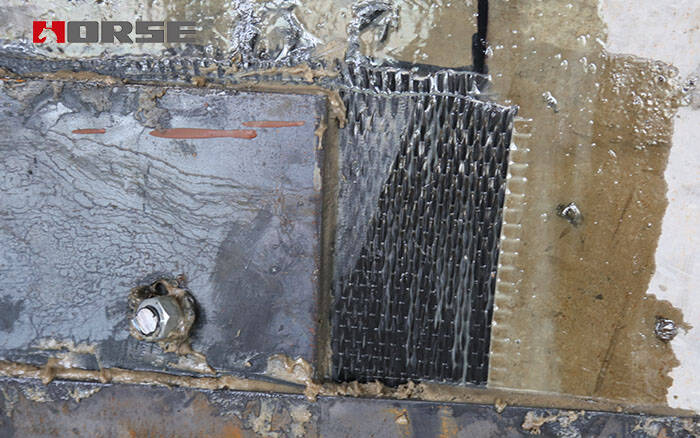
In recent years, due to the use life, the use of functional changes and other reasons, leading to structural diseases showed a gradual upward trend. Reinforcing the building structure reinforcement, can effectively enhance the structural capacity, improve structural durability . Up to now, there are many kinds of systems for structural reinforcement. The mature reinforcement methods and the reinforcement methods all have their unique features.
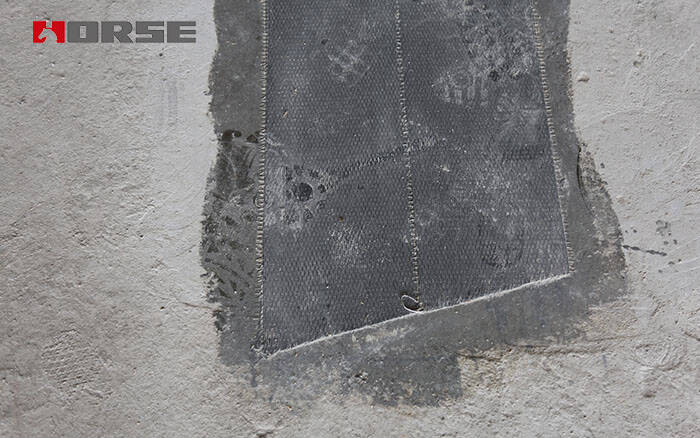
In the continuous use of various reinforcement methods and feedback, there will be very strong limitations when only choose one reinforcement method. Such as carbon fiber reinforced polymer(CFRP), only for reinforced concrete bending, tension, axial compression and large eccentric compression member reinforcement,and can only withstand the role of tensile stress.
Steel plate reinforcement method and carbon fiber reinforcement method, two differ greatly, but also have their own advantages and disadvantages. Carbon fiber reinforced polymer and the use of adhesive to form the overall structure of the original, to enhance the structural capacity and ductility; steel plate bonding strengthening method using angle steel, gusset form steel frame structure components with the original structure to enhance the original bearing capacity and seismic capacity, but this method is a significant amount of steel waste .
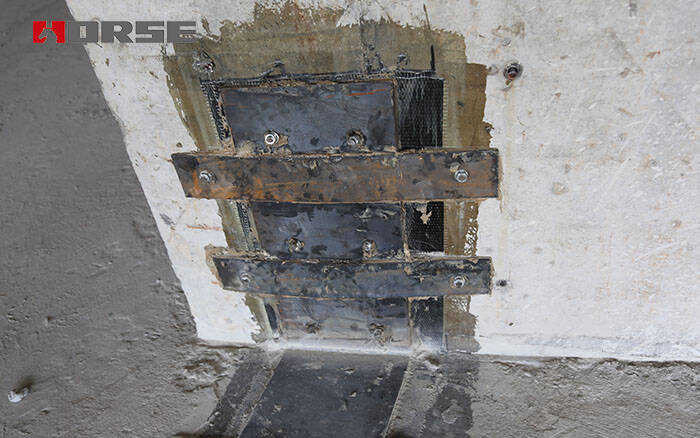
The compound reinforcement method requires that the selected method must have high adaptability. After comparison of each reinforcement method, the CFRP reinforcement method can complement steel plate reinforcement method and improve the disadvantages of the single reinforcement method. In this composite method, firstly, a carbon fiber cloth is used to wrap the column, and then the steel frame is used to reinforce the steel structure outside the structure. The carbon fiber cloth and the steel plate together to reinforce .
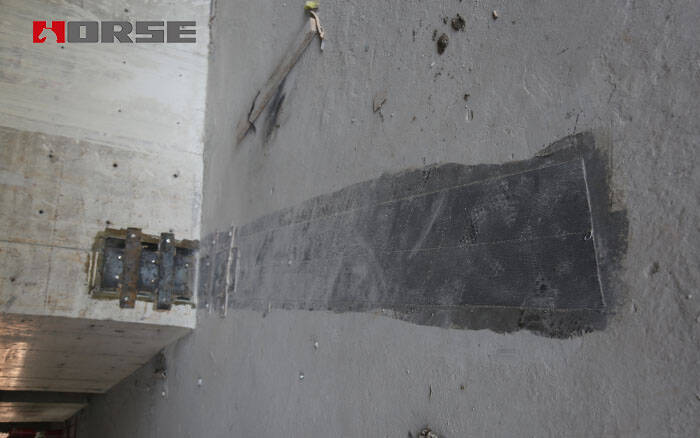
Compound reinforcement method(carbon fiber cloth and steel plate reinforcement )which can take advantage of the high tensile strength of carbon fiber cloth and steel plate's high rigidity, compared to a single reinforcement method, the composite reinforcement method has the following advantages:
(1) Can effectively enhance the seismic reinforcement of concrete bending members. Related experiments have also shown that the method of strengthening the concrete column, the columns can have good ductility.
(2) Compared with the single reinforcement method, Compound reinforcement can allow greater deformation of the original structure and better ductility of components, which can absorb more energy in the earthquake and improve the seismic performance.
(3) In this method, the amount of steel angle is directly related to the bearing capacity, and the amount of carbon fiber has greater influence on the ductility. Compared with the conventional method, the relationship between the amount of carbon fiber and the bearing capacity can be more flexibly adjusted to play a maximum role
Puede encontrar cualquier cosa que necesite, confíe en probar estos productos y encontrará la gran diferencia después de eso.
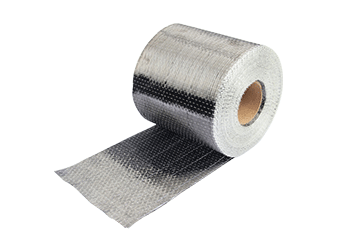
Tejido de fibra de carbono unidireccional de alta resistencia para refuerzo de compuesto de polímero reforzado con fibra (FRP).
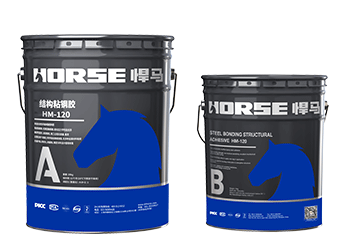
Adhesión de acero y hormigón, utilizada para el refuerzo sísmico de muchos edificios.
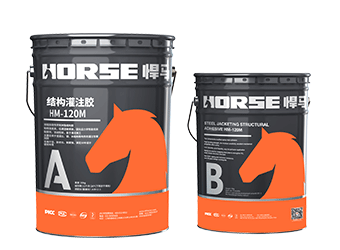
Adhesivo de refuerzo estructural para revestimientos de acero.